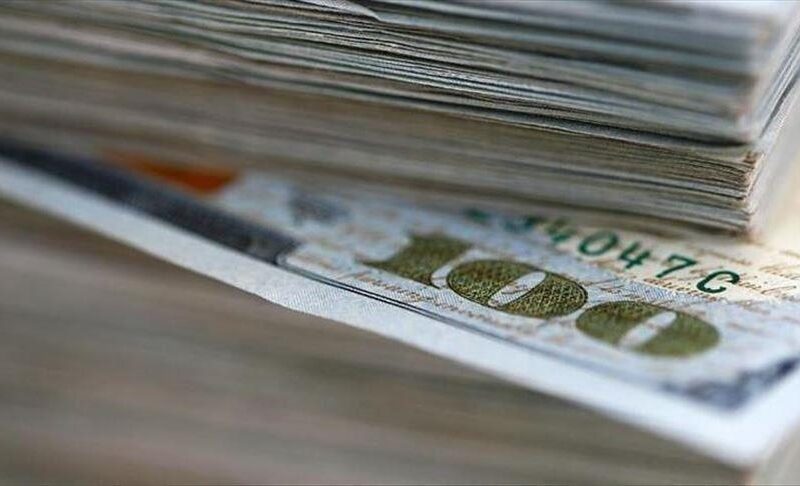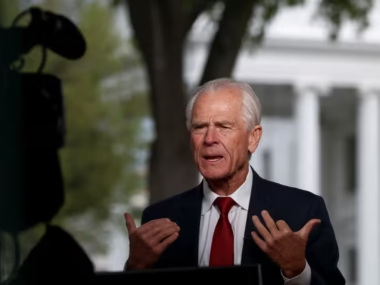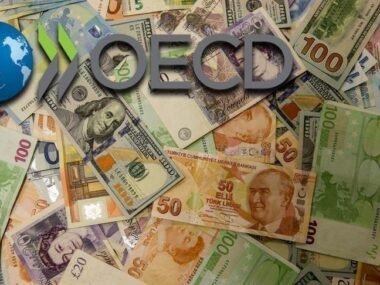New policies should reduce consumer prices by about 1%.
The Japanese government attempted to alleviate a cost-of-living crisis brought on by increasing inflation on Thursday by approving an economic package of over 17 trillion yen ($113 billion).
A supplemental budget, estimated to be roughly 13.1 trillion yen ($87.15 billion), will be created to finance a portion of the spending. According to Tokyo-based Kyodo News, the government of Prime Minister Fumio Kishida plans to receive parliamentary approval for the budget by the end of November.
Key components of the measures include a tax cut of 40,000 yen ($266) per person and payouts of 70,000 yen ($466) to low-income households that are exempt from paying income and residential taxes and would otherwise be left out. The total size of the measures is expected to reach approximately 37.4 trillion yen, or $249 billion.
The new policies are expected to reduce consumer prices by about 1% because government subsidies that will last until April of next year will lower gasoline expenses.
Towards the end of the year, the Liberal Democratic Party and Komeito, its junior coalition partner, will finalize the details.
The third-largest economy in the world has grown for three quarters in a row, with relatively steady private consumption and investment spending. However, when consumers begin to feel the pressure of inflation more and more, economists anticipate that the growth pace will slow.











